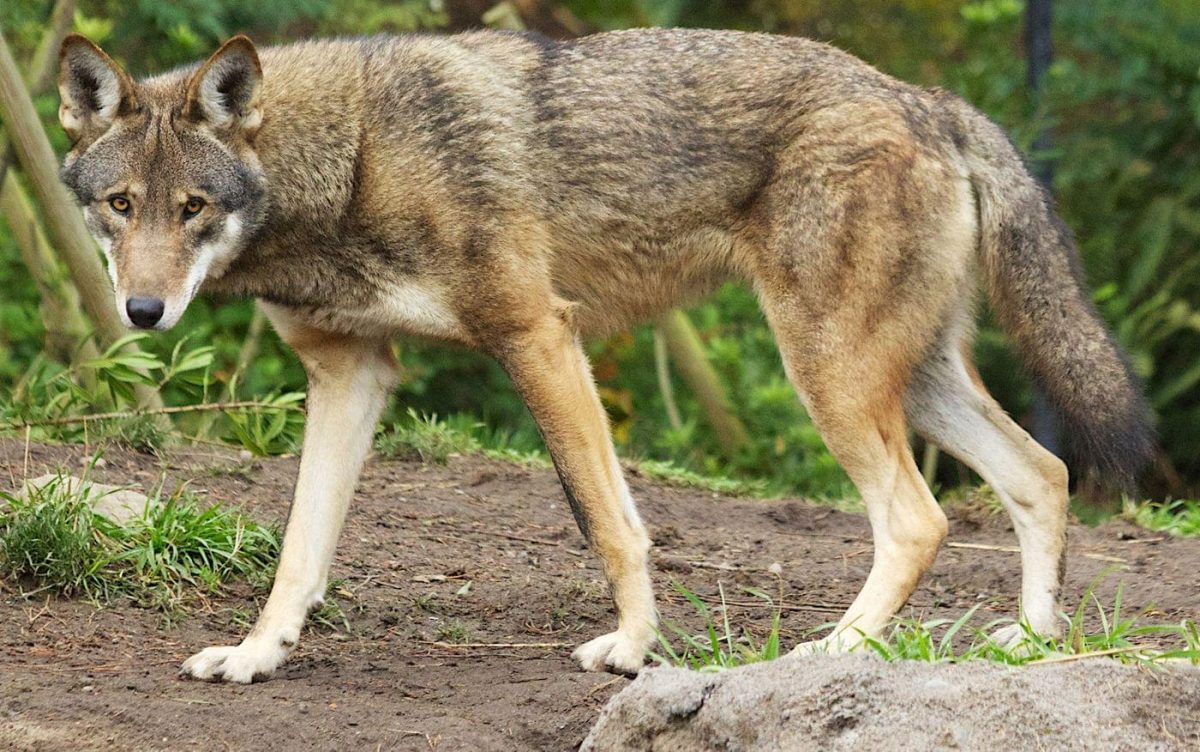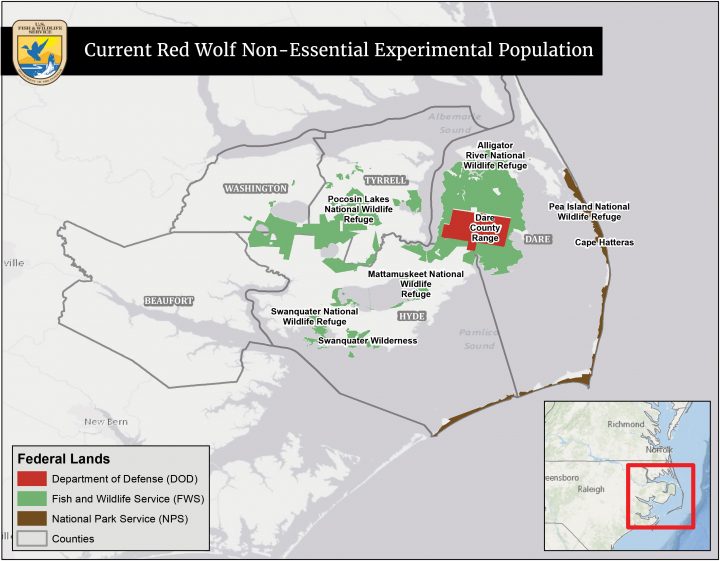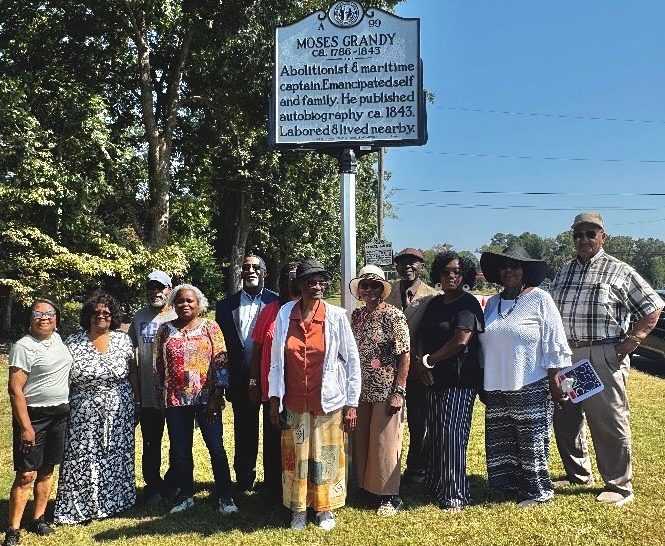
MANTEO — A controversial proposal to limit longstanding protective habitat and management strategies for critically endangered red wolves in northeastern North Carolina has been withdrawn by the U.S. Fish and Wildlife Service.
The agency had proposed in 2018 to replace existing regulations that provided protective measures for the only known wild red wolves in the world, designated as the North Carolina “non-essential experimental population,” or NC NEP, with a significantly scaled-back rule. Numerous environmental groups had challenged the proposal in federal court, saying it violated requirements under a provision of the Endangered Species Act.
Supporter Spotlight
“Based on recent court decisions involving the NC NEP and having considered public comments submitted in response to the 2018 proposed rule, the Service determined that withdrawing the proposed rule is the best course of action at this time,” the agency said in a Nov. 10 press release.
By pulling the proposed rule, Fish and Wildlife has cleared the slate to start anew on previously successful management tactics used in the existing regulations, “as clarified by relevant court orders,” the release stated. That means that the under the 1995 management rule the agency has the authority to release additional captive-bred wolves into the wild population and conduct adaptive management — a matter of contention detailed in the 2018 proposal and subsequent lawsuits.
Fish and Wildlife will also resume work with the North Carolina Wildlife Resources Commission to implement coyote sterilization on federal lands and nonfederal lands, subject to written landowner agreements, according to the press release. Also, the agency said that authorized take will be mostly limited to protection of oneself or others from potential harm.
Under the 2018 proposal, most of the private land in the 1.7-million-acre recovery area that encompasses Hyde, Tyrrell, Dare, Beaufort and Washington counties had been removed, leaving a small area in Dare County. With that plan gone, the five counties will remain in the recovery area.

“Conservationists have been waiting for 3 years to put the terrible 2018 red wolf proposal behind us, and it is extremely gratifying to know that USFWS is finally officially backing away from their plan to drastically scale back the recovery options for the wolves,” Ron Sutherland, chief scientist at Wildlands Network, a nonprofit environment group, said in an email. “To finally be able to put this awful, cowardly proposal to bed is super-gratifying and great news for the future of the red wolves.”
Supporter Spotlight
Sutherland said that an analysis by Wildlands, a vocal advocate for recovery of red wolves, public comments on the 2018 proposal found that more than 90% of the 100,000-plus comments received by the agency supported doing more, not less, to protect the wolves.
Although red wolves had once spanned a wide range along the U.S. Gulf and southeast coastal plains, their populations were decimated by overhunting and habitat losses. The red wolf was listed in 1973 on the Endangered Species Act as endangered, and declared extinct in the wild in 1980.
Four pairs of captive-bred wolves, descendants of a few wild wolves captured on the Gulf Coast, were released into Alligator River National Wildlife Refuge in 1987, and by 2005, the numbers had increase to as many as 130 wolves.
Conflict with private property owners over wolf management had intensified in the last 10 to 15 years, with owners complaining of wolves killing pets and livestock, exacerbated by poor communication from wildlife managers.

The 1.7-million-acre recovery area will continue within Hyde, Tyrrell, Dare, Beaufort and Washington counties. But with as few as 10 known red wolves still roaming the recovery area, in addition to an estimated 20 or so uncollared wolves, wolf conservationists worry that there is no time to waste.
The agency said it is taking steps to improve the relationship with landowners.
“The Service will continue to work with stakeholders to identify ways to encourage and facilitate more effective coexistence between people and wolves …,” according to the release, “and to establish the support necessary for red wolf conservation.”
Gov. Roy Cooper tweeted in favor of the Interior Department’s decision, calling it “an important step to save the American Red Wolf, the most endangered canid species in the world.” Cooper vowed to work with the Biden administration, Wildlife Resources and the North Carolina Zoo to prevent extinction.
Perrin de Jong, a staff attorney at the Center for Biological Diversity, called the plan to slash the red wolf’s recovery area “reckless and poorly conceived.”
“I’m relieved the Fish and Wildlife Service finally listened to the public’s outcry against it,” said de Jong. “People want federal agencies to do more, not less, to protect the world’s most endangered wolf.”
To learn more
- View the documents at www.regulations.gov, Docket No. FWS-R4- ES-2018-0035.
- View information about the red wolf recovery program.







